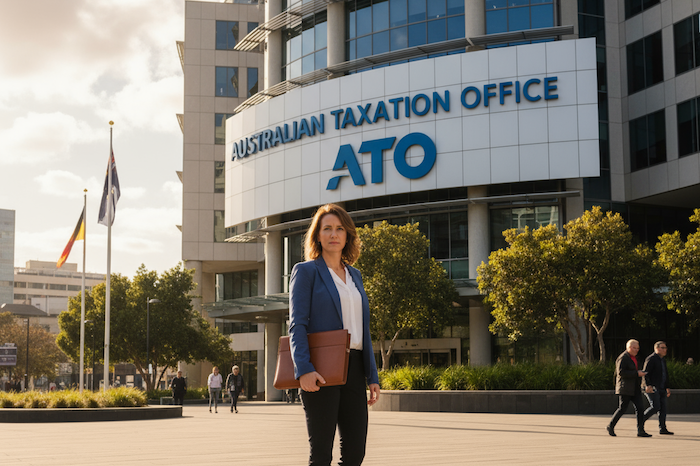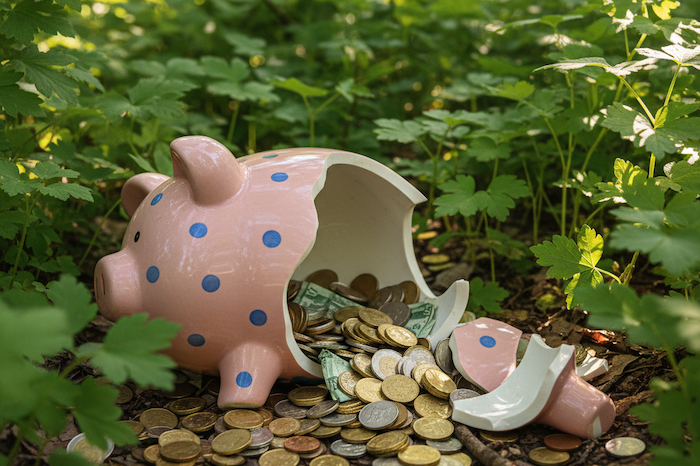Are Your Superannuation Fees Too High?
Superannuation is central to Australia’s retirement system. With more than $3.9 trillion in assets under management as of March 2025, superannuation funds play a critical role in providing financial security for millions of Australians. But while the system has grown into one of the largest retirement savings pools in the world, many Australians are losing a significant portion of their retirement nest eggs to fees.
High superannuation fees remain one of the most overlooked threats to long-term wealth creation. Even small percentage differences can compound over decades into losses of hundreds of thousands of dollars. Understanding how these fees work, who benefits from them, and how to reduce their impact is essential for both current retirees and younger Australians planning for retirement.








